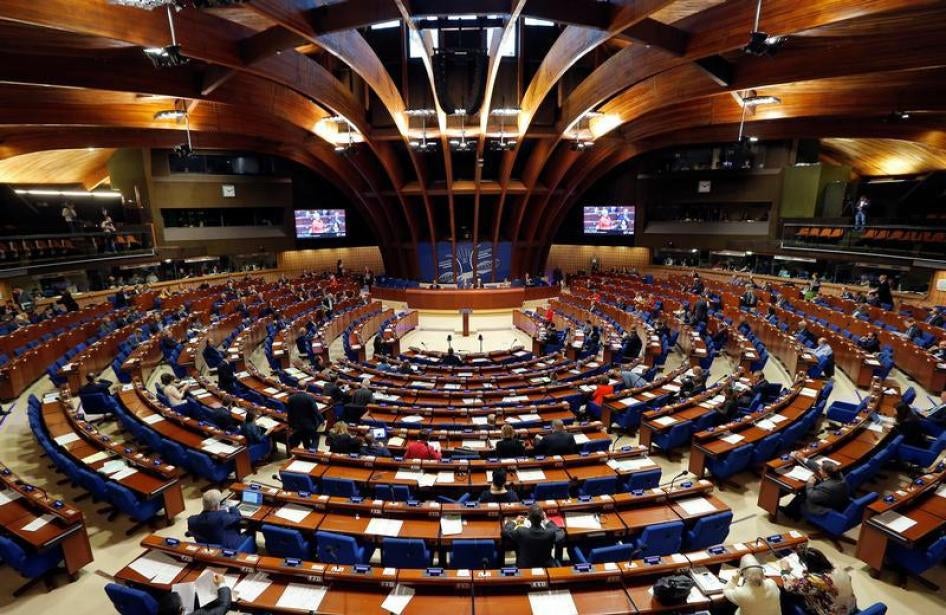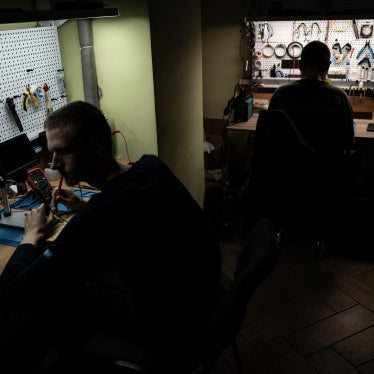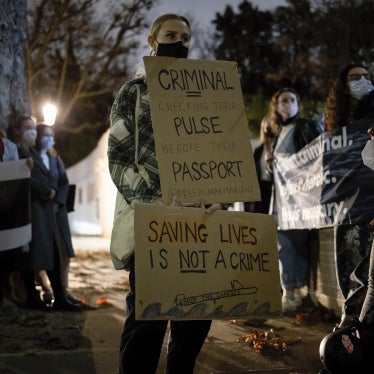Europe’s top human rights body has decided to resume monitoring of Turkey’s human rights record for the first time in more than a decade, signaling growing concern over the depths of the crisis there.
The Council of Europe’s Parliamentary Assembly, part of Europe’s top human rights body, voted today 113 to 45 (with 12 abstentions) to resume formal monitoring of Turkey’s rights record. Turkey has not been under such monitoring since 2004.
Composed of elected national MPs from the council’s 47 member states, one of the Assembly’s key functions is to hold debates on the state of human rights and the rule of law. The monitoring procedure is the highest level of scrutiny that it can use in the face of repeated human rights violations.
The Assembly’s move comes at a critical time for human rights in Turkey and on the heels of constitutional changes approved in the April 16 referendum that will increase the powers of the presidency, limit the independence of the judiciary and the role of the parliament in Turkey, and undermine checks-and-balances.
In practice, for the Assembly not to make this move, would have been a perverse decision to ignore reality. Turkey is under a state of emergency imposed after a failed coup last July, allowing President Erdoğan to head the cabinet and rule the country by decree, with already weakened parliamentary and judicial oversight. More than 160 media outlets and publishing houses have been forcibly closed since the coup attempt and more than 150 journalists and media workers are currently behind bars; 100,000 civil servants have been arbitrarily dismissed or suspending, without due process.
How could a European assembly of parliamentarians remain silent when the two leaders of Turkey’s opposition Peoples’ Democracy Party (HDP), 10 other members of parliament from the party, and hundreds of elected mayors and party officials from Turkey’s South East are among those jailed?
The Assembly’s move is a milestone, and the strongest step taken by an international human rights body since Turkey’s crackdown. It provides recognition by one of Europe’s key rights bodies of the rapid deterioration in the rule of law and the suffering of those unjustly behind bars.
Turkey’s government initial reaction to the decision was angry. But one can only hope that after reflection the authorities will take this opportunity to reflect on and address the Assembly’s justified concerns.










